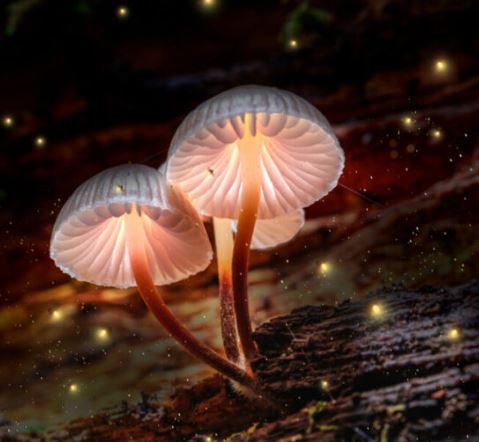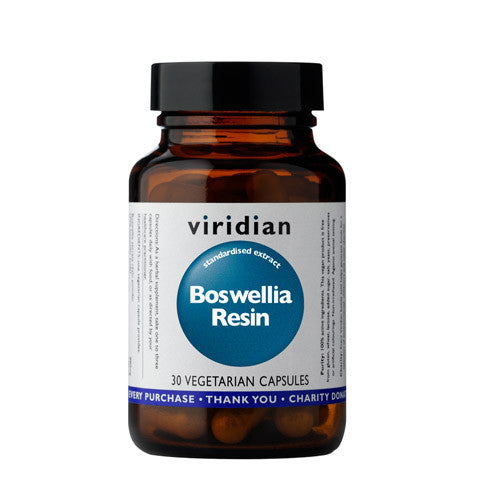Lions Mane Mushrooms
Naturally found growing on hardwood tree trunks, this crazy looking mushroom is showing some interesting brain-boosting potential.
In a study published in 2009, scientists found that lion’s mane mushrooms can help improve cognitive function (1). A group of 30 people with mild cognitive impairment (the pre-cursor to dementia), aged 50 to 80, took capsules containing dried lion’s mane extract every day for 16 weeks. At the end of that period, researchers found subjects had significantly improved scores on a test measuring their cognition. The group also had fewer depressive symptoms and anxiety than those who took a placebo.
Incredibly, extracts obtained from lion’s mane mushroom have been shown to stimulate and maintain new brain cells. It does this by activating NGF-1, a signalling molecule that tells your body to produce new nerve cells (2).
Reishi Mushrooms
Reishi is known as the “mushroom of immortality,” and its usage dates back over 4,000 years. It has been used in Asia for a variety of purposes, ranging from promoting longevity to improving liver health. Modern research has confirmed many of these claims, in particular discovering that reishi mushrooms has immune-boosting effects.
The past 2 years have shown us just how important a healthy immune system is. It works around the clock to provide us with 24/7 protection from a scary range of bacteria, viruses and parasites.
So could something as simple as a mushroom actually improve our immune-system? The science suggests yes.
Reishi mushrooms contain a fascinating compound called beta-glucan. This compound packs a punch by stimulating white blood cells and increase natural killer (NK) cell activity. These are your body’s first line of defence against attacking organisms (3,4).
FYI: Beta-glucan is also found in oats and has been shown to lower ‘bad cholesterol’ and even improve blood sugars (5,6).
Cordyceps mushroom, a fungus that grows in the high-altitude grasslands of China and Tibet, has been used for thousands of years in Chinese medicine (which is where its name comes from: cordy means “summer insect”, and ceps means “head”), but it’s only since the 1990s that it’s become known to Westerners.
Cordyceps is highly regarded for its ability to slow down aging, strengthen the immune system, boost athletic performance, and increase vitality.
It first gained attention for improving aerobic exercise thresholds in 1993, when Chinese athletes Wang Junxia, Qu Yunxia and Zhang LinLi, broke world records in the 1500, 3000 and 10,000 metres at the Chinese National Games.
Their coach, Ma Junren, adopted an allegedly scientific training strategy, attributing their performances to daily cordyceps tonics and a brutal, altitude training program (although later their reputation was tarnished after the athletes were found to also be doping).
- A 2021 study in long-distance runners found cordyceps ingestion increased key performance indicators compared to a placebo (7).
- Similar results were also found in a group of 37 elderly subjects who had supplemented with cordyceps compared to a placebo (8).
Cordyceps Mushrooms
If you love mushrooms, there’s a good chance you’re already familiar with many of their health benefits. If you weren’t, then now is your chance to experiment with them in your diet.
You can eat the mushrooms whole as nature intended or in supplement form. Whatever you choose, you’ll be doing wonders for your mental and physical wellbeing.








